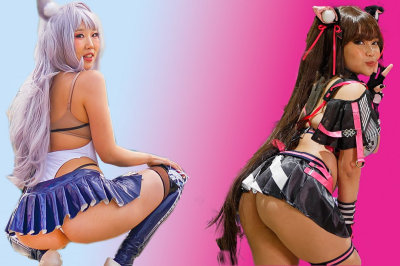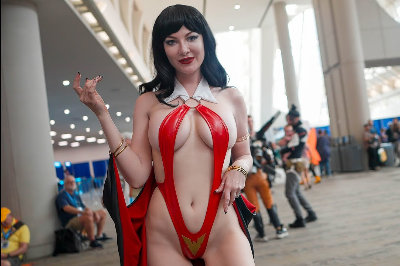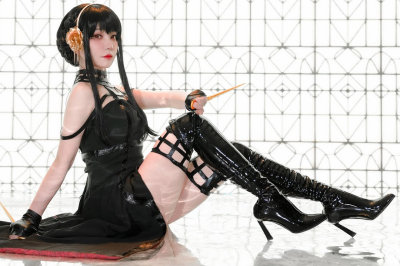Movie Review by Stephen Doyle
Starring: Keisha Castle-Hughes, Rawiri Paratene, Vicky Haughton, Cliff Curtis, Grant Roa
Director: Niki Caro
WHALE RIDER, like one of New Zealand’s last major cinematic offerings, ONCE WERE WARRIORS, follows the fortunes of a Maori community. But where as Lee Tamahori’s 1994 film was an unflinching and sordid account of inner city Maoris, Niki Caro, director and writer of WHALE RIDER, offers a far more appetising account of a close-knit community of Maoris living in a remote coastal village.
The plot of WHALE RIDER, like its title, does not initially seem very appealing. In a New Zealand coastal village the Maori population live by their own unique code. They place emphasis on tradition and history, and for the last 1000 years an heir, descended from their initial leader, has become their chief. The next heir is due but he dies in birth, although his twin sister survives. About ten years later this child has matured into a popular and wise young girl (Keisha Castle-Hughes), yet her grandfather, the bitter Koro (Rawiri Paratene), the current chief, refuses to believe that a female can ever take over the chiefly title. He proceeds to take out all his frustrations at the lack of a male heir on Pai, while she constantly tries to prove herself to her grandfather, who she dotes on.
As I said, it doesn’t seem the most promising of stories, and yet it all grows fantastically absorbing on screen. There is much to commend in this film, one of the most satisfying and stimulating art-house films I have seen in a while. Surprisingly, I was reminded of Takeshi Kitano (minus the violence), especially his elegiac 1997 hit HANA-BI. Both Kitano and Caro are idiosyncratic storytellers, who tell their stories poetically and hauntingly, using striking cinematography and well-selected music to create memorable atmospheres. Both also have a penchant for adding choice moments of irreverent and earthy humour at unlikely moments.
The battle of wills between the young innocent-faced Pai and her irritable stony-faced grandfather forms the core of the film and is, at times, electrifying to watch. Their performances are uncanny. Castle-Hughes’ showcase scene, when she breaks down while delivering a speech in honour of her absent grandfather, is nothing short of miraculous, leaving you opened mouthed at how such a young girl (about 10) could plumb such emotional depths. Koro provides a great counterpoint as her stern grandfather, obstinately clinging to tradition while all those around him are moving with the times. Rawiri Paratene lends the character a terrifying presence, a man boiling with rage who seems fit to burst into violence at any moment.
Despite all this, I doubt everyone will be as enthusiastic about this film as me. Many people are going to find WHALE RIDER a peerless cure for insomnia, seeing its pretentiousness as laughable at best, just plain dull at worst. It certainly moves at an unrushed pace, and its metaphorical and spiritual overtones can be a tad heavy-handed. But for my own part, I was totally bewitched by it all, especially by the stirring and unpredictable final 40 minutes. And I still believe that this movie will become an art-house hit, which will be remembered fondly by film fans for years to come. In either case New Zealand now have a national epic, which they will be proud to call their own.
![]()
WHALE RIDER



